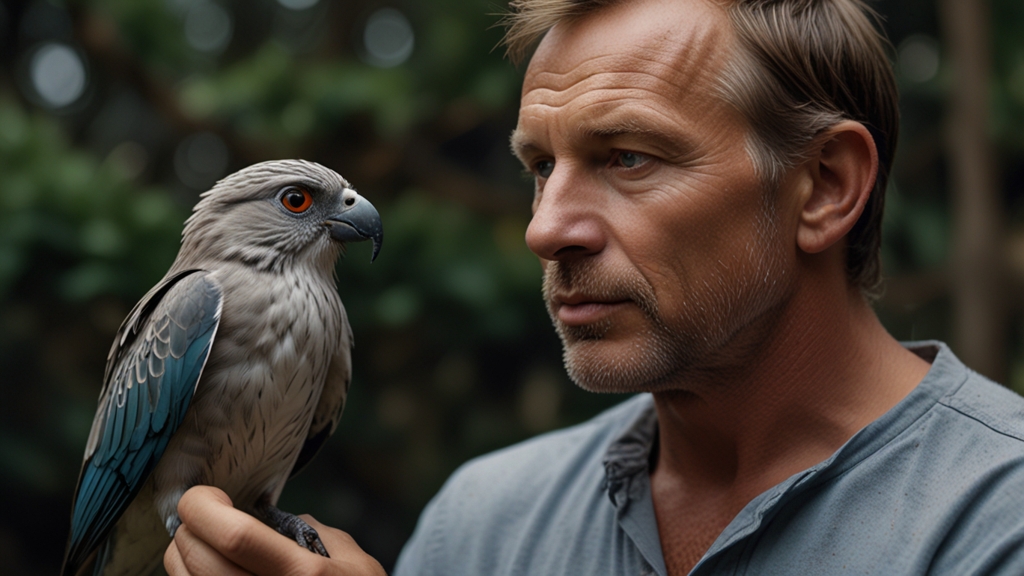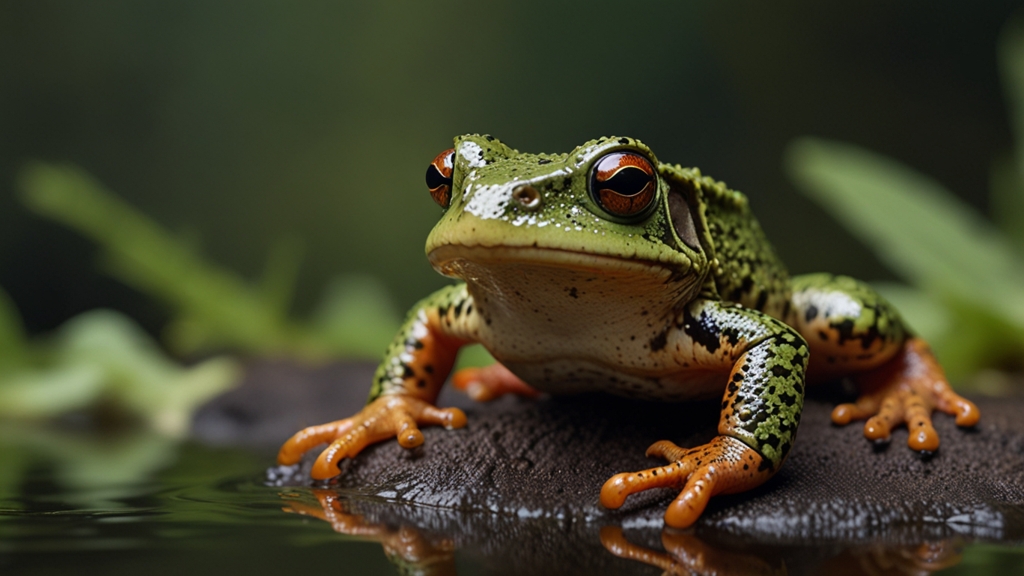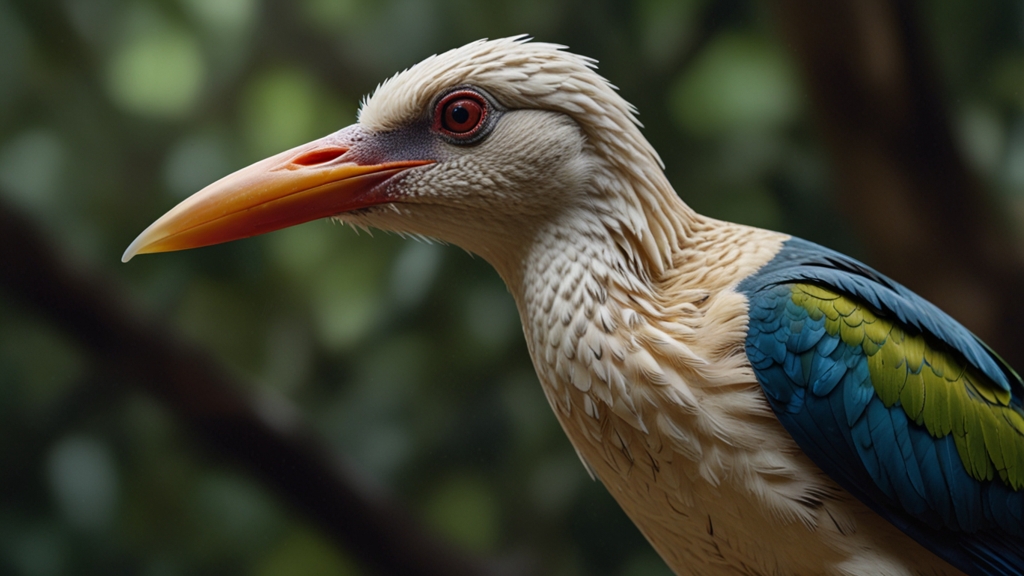The Incredible Bond Between Birds and Humans: A Unique Relationship
Birds have fascinated humans for centuries with their vibrant plumage, varied songs, and ability to soar effortlessly through the skies. Over millennia, this fascination has evolved into a deep, meaningful bond that transcends mere admiration. The relationship between birds and humans is a complex tapestry woven from mutual benefit, shared environments, and emotional connections.
A History of Coexistence
Historically, birds have played a significant role in human culture and survival. Ancient civilizations took note of birds for their migratory patterns, which often indicated the changing seasons. Birds like pigeons were domesticated as early as 3000 BC for communication purposes, famously known as carrier pigeons used during both World Wars.
Moreover, birds have inspired countless myths, legends, and stories across various cultures. Owls are often seen as symbols of wisdom, while eagles represent power and freedom. These symbolic meanings have helped shape humans' perception of these feathered creatures, revealing an innate respect and admiration.
The Emotional Connection
Beyond practical uses, birds have a remarkable ability to form emotional bonds with humans. Pet birds such as parrots, canaries, and finches are known not just for their beauty, but for their companionship. Parrots, in particular, possess the unique ability to mimic human speech, creating a communication bridge that few other pets can offer.
"The relationship with a pet bird transcends that of a typical pet; it becomes interwoven with aspects of companionship, understanding, and emotional support," says Dr. Ellen McKinney, an avian behaviorist.
Birdwatching, too, fosters an emotional connection. Observing birds in their natural habitat can be a therapeutic experience. Many birdwatchers report feelings of peace and contentment, reinforcing humanity’s inherent link to nature.
Mutual Benefits
The bond between birds and humans is not one-sided. Birds benefit significantly from this relationship as well. Urban settings often provide birds with food, shelter, and safety from predators. Humans set up bird feeders, birdhouses, and baths, creating environments where birds can thrive.
"The simple act of feeding birds can lead to an unexpected cascade of positive environmental impacts, such as improved garden health and greater local biodiversity," notes ecologist Dr. Marcus Eldridge.
Research has shown that interacting with birds can also improve human well-being. The Cornell Lab of Ornithology found that birdwatching and listening to birdsong significantly lowered stress levels and enhanced mental health in participants.
Conservation Efforts
The symbiotic relationship between humans and birds has led to increased conservation efforts. Awareness of declining bird populations has propelled global initiatives focused on habitat protection, legal protection of endangered species, and public education on the importance of biodiversity.
Many organizations, such as the Audubon Society and BirdLife International, dedicate significant resources to protecting bird habitats and advocating for bird-friendly policies. These efforts are essential in ensuring that future generations can experience the joy and benefits of this unique relationship.
Conclusion
The bond between birds and humans is indeed incredible and multifaceted. From historical coexistence and emotional connections to mutual benefits and conservation efforts, this relationship highlights the beautiful complexity of our shared world. As we continue to appreciate and protect these avian wonders, we not only secure their future but also enrich our own lives.
"Birds are more than just creatures of the sky; they are partners in our journey through life, reminding us of the profound connection we have with the natural world," reflects conservationist Sierra Jenkins.








